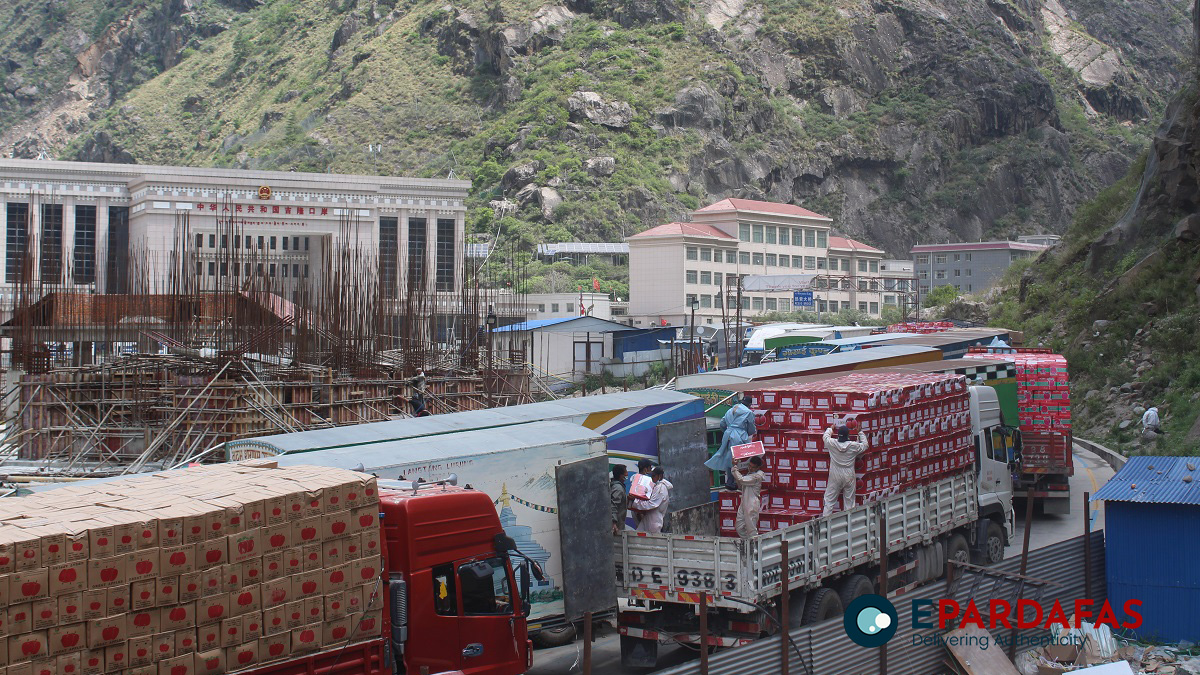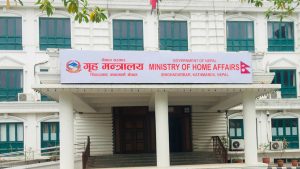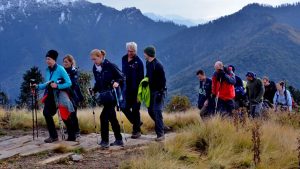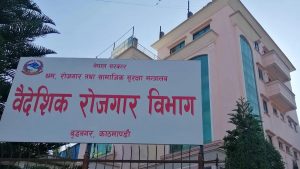
Ban on Driver and Co-Driver Entry to China via Rasuwagadhi-Kerung Crossing Raises Concerns

The Rasuwagadhi-Kerung crossing has a long history of facilitating trade and cultural exchange between Nepal and Tibet. It was once the primary route for Nepalese and Tibetan traders to access each other’s countries. However, despite the long-standing trading relationship, China has restricted the entry of Nepali truck drivers and co-drivers into its territory while allowing the truck containers to transport goods from Kerung to Nepal.
As per the procedure issued by the Government of Nepal’s Ministry of Home Affairs, four types of China entry permits have been arranged, including permits for drivers, workers, businessmen, and one-day entry. Surprisingly, only a one-day entry permit has been issued for other individuals, leaving the drivers and co-drivers of Nepali truck containers without any entry permit.
This prohibition has led to logistical challenges, with Nepali truck containers being forced to rely on drivers from Rasuwa district, who have Chinese entry permits, to drive the goods to Kerung, China, and load them onto the containers in Timure, Nepal. Such arrangements have resulted in added costs and complications for the businessmen and transporters involved.
Efforts have been made to address the issue through discussions with the Immigration Office Timure, Rasuwa, Chief of Customs Office Rasuwa, and the Chief District Officer of District Administration Office Rasuwa. However, the resolution seems to require intervention at a higher level, possibly through diplomatic discussions between the two countries.
The problem has caused frustration among the drivers, co-drivers, businessmen, and Nepali residents of Rasuwa, who suspect a collusion in the entry permit issuance process for residents of other districts. Such suspicions have led to mistrust and raised concerns about potential financial irregularities.
Moreover, the ban on driver and co-driver entry to China has significant implications for trade and economic activities between Nepal and China. The timely transport of goods is vital for the smooth functioning of the trading relationship. The inability of drivers and co-drivers to enter China has hindered the movement of goods and caused inconvenience and financial losses for the traders.
The issue demands immediate attention from the government to find a resolution through diplomatic channels. Ensuring the entry permit issuance for drivers and co-drivers is essential to maintain a smooth flow of trade and to uphold the strong bilateral relations between Nepal and China.
Additionally, addressing the logistical challenges faced by the truck containers will require improvements in road infrastructure and transportation facilities. This will not only benefit the trade relationship but also contribute to the overall development of the region.
In conclusion, the ban on Nepali truck drivers and co-drivers from entering China via the Rasuwagadhi-Kerung crossing is a matter of significant concern. The government must take swift action to resolve this issue and ensure the smooth movement of goods and the continuation of a strong and harmonious trade relationship between Nepal and China.













Comments